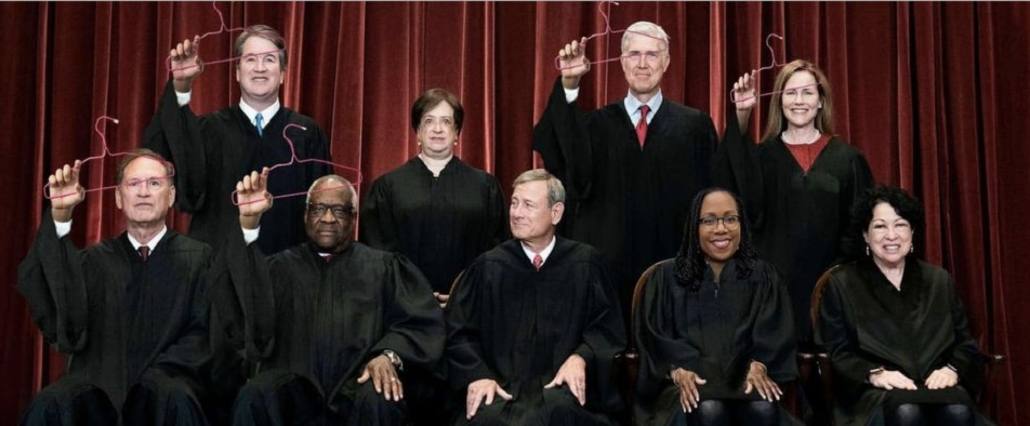Should women with pregnancy emergencies in Idaho be left to die rather than receive life-saving emergency treatment?
Should a state law be able to trump a federal law? (which goes against a very basic legal principle)
That’s really the issue that is in front of the Not-So-Supreme Court today.
First off: EMTALA stands for Emergency Medical Treatment and Active Labor Act
The Biden administration argues that EMTALA – which requires emergency rooms that participate in Medicare to provide “necessary stabilizing treatment” – supersedes an Idaho law that makes it a crime to provide an abortion except in a handful of narrow circumstances, including to save the life of the mother or in cases of rape or incest.
We talked about EMTALA earlier this week:
I am not a lawyer, but I am a woman, and as far as I can tell, Idaho’s position is fuck yeah, let the women die.
An audio feed of oral arguments is live-streamed on the Court’s website, and the Court posts the audiolater in the day. On the afternoon of each argument, the Court posts transcripts of that day’s arguments.




